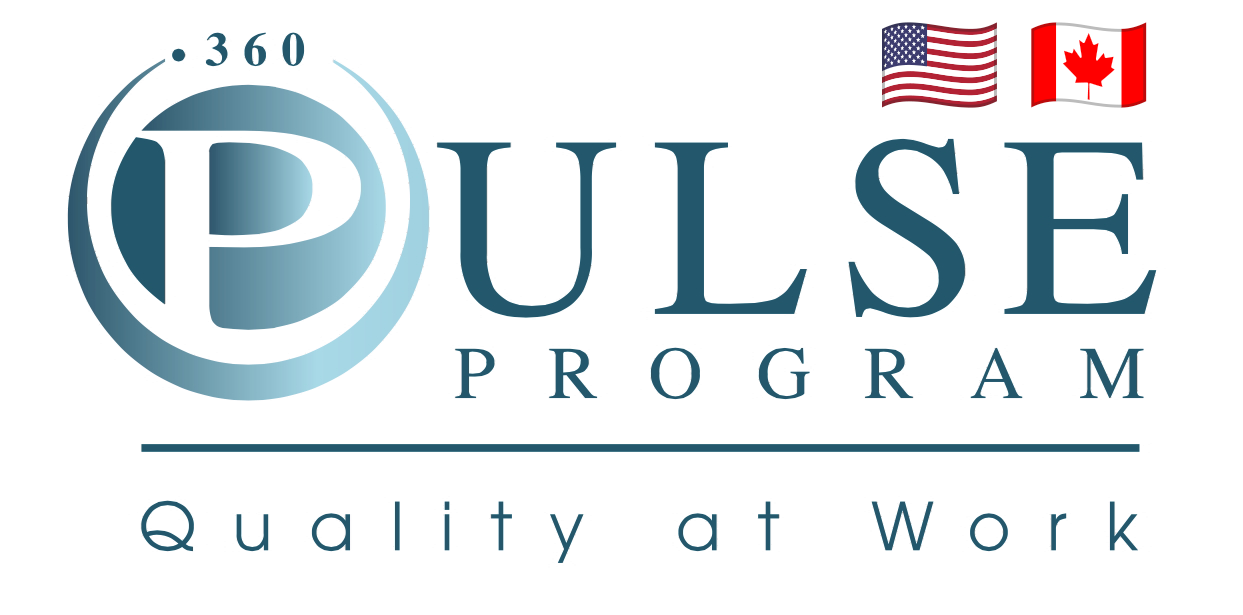Physician Empathy
Gaining Insight into Operative Performance: Analysis of an Automated 360-Degree Feedback Tool Among Perioperative Staff
Annals of Surgery Open Conclusions: “A 360-degree feedback tool is feasible, and feedback is perceived as valuable and actionable for surgeons and surgeon leaders. The intraoperative focus provided surgeons with specific feedback on how to improve within the operating room to promote efficiency, teamwork, and patient safety.” Read the Full Article Below: Gaining Insight into......
How Physicians Change [using PULSE 360]: Multisource feedback driven intervention improves physician leadership and teamwork
Surgery Conclusions: “Baseline multisource feedback scores vary by specialty and improve based on feedback, goalsetting, coaching, and education. In particular, physicians who start with low scores have the greatest potential for leadership teamwork index improvement.” Read the Full Article Below: How Physicians Change: Multisource Feedback-Driven Intervention Improves Physician Leadership and Teamwork...
Can 360-Degree Reviews Help Surgeons? Evaluation of Multisource Feedback for Surgeons in a Multi-Institutional Quality Improvement Project
Journal of the American College of Surgeons Conclusions: “360-degree evaluations can provide a practical, systematic, and subjectively-accurate assessment of surgeon performance without undue reviewer burden. The process was found to result in beneficial behavior change according to surgeons and their co-workers.” Read the Full Article Below: Can 360-Degree Reviews Help Surgeons? Evaluation of Multisource Feedback......
Physicians’ Empathy and Clinical Outcomes for Diabetic Patients
Physicians’ Empathy and Clinical Outcomes for Diabetic Patients. Academic Medicine: March 2011 – Volume 86 – Issue 3 – pp 359-364. doi: 10.1097/ACM.0b013e3182086fe1. Authors: Hojat, Mohammadreza PhD; Louis, Daniel Z. MS; Markham, Fred W. MD; Wender, Richard MD; Rabinowitz, Carol; Gonnella, Joseph S. MD. From the abstract: “The hypothesis of a positive relationship between physicians’......
Four Essential Components of a 360-Degree Training & Feedback System for Physicians
While healthcare organizations can learn from the 360-degree feedback systems successfully used by businesses, it is not advisable to use their surveys and protocol, but rather to select one that is designed for healthcare and hospitals. The following are four essential healthcare-specific criteria for measuring and increasing the practice and people skills of physicians: 1.......





